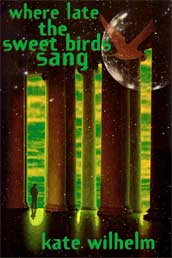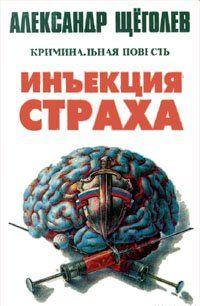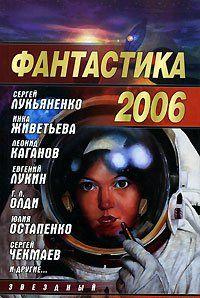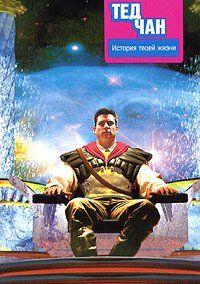
Аннотация
Massive environmental changes and global disease, attributed to large-scale pollution, cause the collapse of civilization around the world. One large, well-to-do extended family sets up an isolated community. However, as the death toll mounts (due to a variety of causes) the family begins cloning themselves to survive. This is due to universal infertility. It is assumed that as time passes, fertility will return and sexual reproduction will be possible once again. However, when the clones come of age, they reject the idea of sexual reproduction in favor of further cloning. The original members of the community, too old and outnumbered by the clones to resist, are forced to accept the new social order.
As time passes, the new generations of clones are weaker (physically and mentally) than their predecessors. Since they are cloned in groups of 4–10 individuals, they grow to depend on each other enormously, and lose all sense of individuality. They become afraid of being alone in any way, and eventually lose all sense of creativity. In one part of the novel, a snowman is made, and the clones are unable to identify it as a man, seeing only snow. Towards the end, the community is found to have been wiped out entirely due to natural disasters, but mainly by the destruction to the mill, which had been the energy source the community had depended on to survive. Only a few select people had survived, and among them was a man named Mark, who had foreseen the death of the community and had prepared for it.
Won Hugo Award for Best Novel in 1977
Nominated for Nebula Award for Best Novel in 1977
![Nadciaga kryzys, jakiego ludzkość jeszcze nie doświadczyła. Zmiany klimatu, choroby roślin, brak surowców, klęska głodu. Skazy genetyczne i napromieniowanie grożą plagą bezpłodności.... Gdzie dawniej śpiewał ptak [Where Late the Sweet Birds Sang - pl]](https://www.rulit.me/data/programs/images/gdzie-dawniej_257496.jpg)
![La posibilidad de producir un gran número de individuos a partir de un mismo material genético (clonación) no es nueva ni en el campo de la investigación científica ni en el de la ciencia ficción.
Pero faltaba una... Donde solían cantar los dulces pájaros [Where Late the Sweet Birds Sang - es]](https://www.rulit.me/data/programs/images/donde-sol_262074.jpg)


![La casa che uccide [Smart House -... La casa che uccide [Smart House - it]](https://www.rulit.me/data/programs/images/la-casa-che-uccide-smart-house-it_171903.jpg)





Комментарии к книге "Where Late the Sweet Birds Sang"